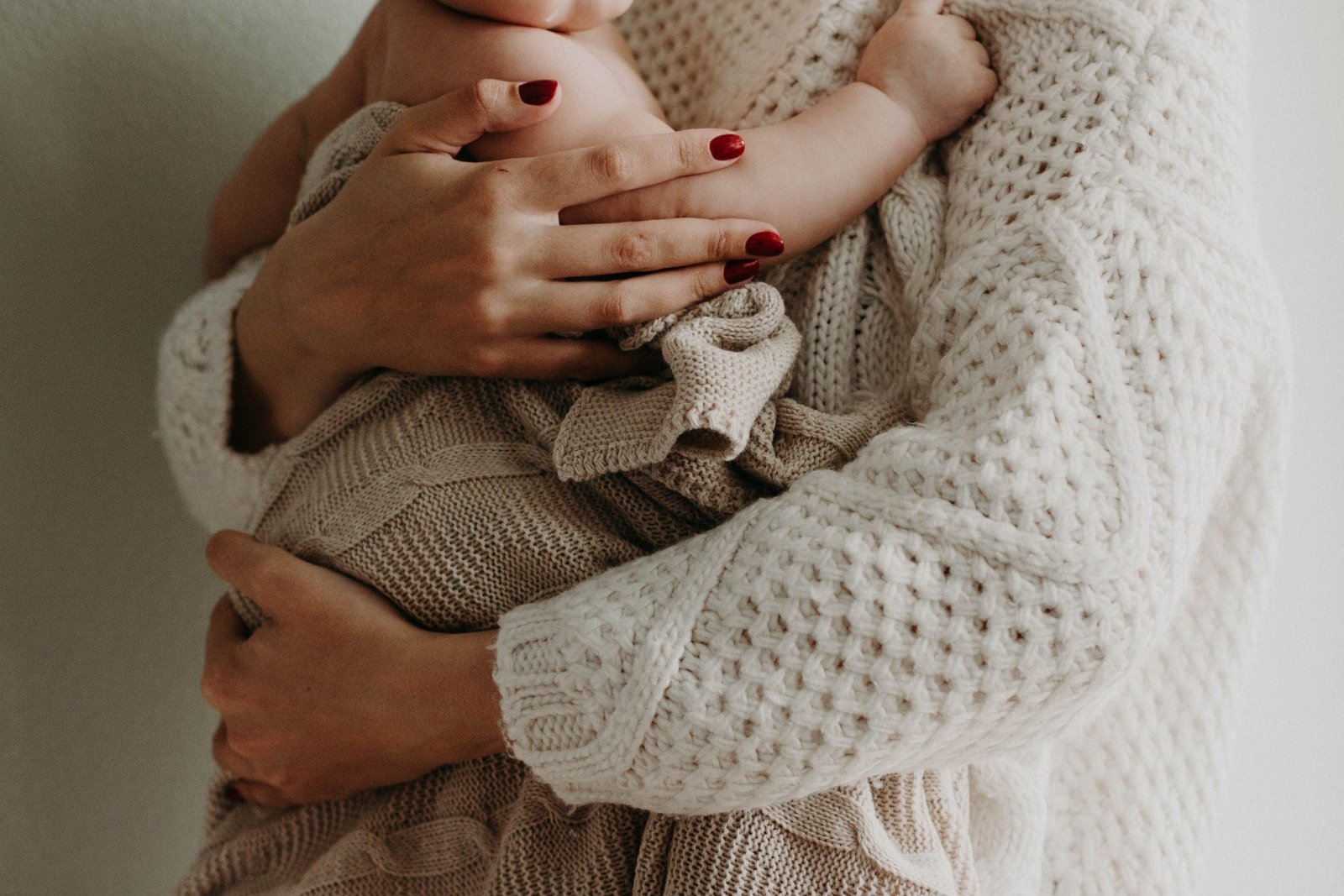Welcoming a new life into the world is a joyous occasion. However, for many women, the postpartum period can also bring unexpected emotional challenges. Postpartum depression (PPD) is a serious mental health condition that affects women after giving birth, causing feelings of extreme sadness, anxiety, and exhaustion.
As an expecting mother or the mother of a newborn, it’s important to understand the causes, symptoms, and potential treatments for postpartum depression to better navigate this often misunderstood condition.
Understanding Postpartum Depression
Postpartum depression is a form of clinical depression that affects women after childbirth. According to the CDC, the number of women affected by postpartum depression differ by demographic factors like age and living location. It is estimated that 10-20% of women will experience postpartum depression within one year of giving birth. Although it usually begins within the first few weeks after delivery, it can develop anytime during the first year.
Postpartum depression profoundly impacts the mother and her bond with her infant, inhibiting the mother’s usual brain response and behavior. Research conducted by Beck indicates that nearly half of new mothers suffering from PPD remain undiagnosed due to concerns about invasion of privacy and reluctance to confide in close family members.
This knowledge alone amplifies why it is so critical to make PPD an area of common discussion among mothers and to reassure expectant mothers that experiencing PPD is not “bad” or does not make them a “bad mother” in any way.
Common Symptoms of PPD
Recognizing the symptoms of postpartum depression is crucial for early awareness and emotional support. Common symptoms include:
- Irritability
- Persistent sadness
- Feelings of guilt or worthlessness
- Withdrawal from loved ones
- Loss of interest in activities
- Changes in appetite or sleep patterns
- Difficulty bonding with the baby
While all new mothers may experience these symptoms in varying degrees and dub them “baby blues,” if they become oppressive and last longer than two weeks, it becomes PPD.
Risk Factors of Developing PPD
Certain factors may increase a woman’s risk of developing postpartum depression. These include:
- Hormonal changes after childbirth
- A history of depression or anxiety
- A lack of support from a partner or family
- High stress levels or stressful environment
- Previous experiences of postpartum depression
Supporting Women with Postpartum Depression
Build a Supportive Network
Creating a strong support network is vital for women experiencing postpartum depression. Partners, family members, and friends should offer understanding, empathy, and practical help with household chores or childcare. Encouraging open communication and providing a safe space for women to express their feelings can make a significant difference in their recovery.
Seek Professional Help
Postpartum depression is a treatable condition, and women should be encouraged to seek professional help. Healthcare providers, such as OB/GYNs or therapists, can assess the severity of the depression and recommend appropriate treatment options. Therapy, medication, and support groups are commonly used in combination to address all the symptoms and help women regain their emotional wellness.
Make Self-Care and Lifestyle Adjustments
Promoting self-care practices is essential in supporting women with postpartum depression. Encouraging adequate sleep, regular exercise, and maintaining a nutritious diet can positively impact their mental health. Additionally, reducing stress levels by incorporating relaxation techniques and time for self-reflection can help women cope more effectively with their emotions. Practicing Pelvic Floor Physical Therapy is also incredibly helpful for postpartum women.
Postpartum Depression Support at TWC
Postpartum depression is a serious mental health condition that affects many women after childbirth, so you’re not alone if you feel you may have PPD. We contribute to providing women with the support and care they need during this vulnerable time by providing postpartum support.
With open conversations, strong support networks, and access to appropriate medical help, we help women overcome postpartum depression and create a healthier and happier environment for both mother and child.



 Close
Close